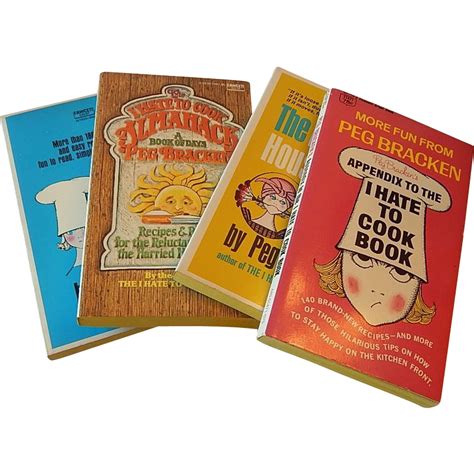A Quote by Neil Gaiman
Of course, everyone's parents are embarrassing. It goes with the territory. The nature of parents is to embarrass merely by existing, just as it is the nature of children of a certain age to cringe with embarrassment, shame, and mortification should their parents so much as speak to them on the street.
Related Quotes
You must learn to look at people who are angry with you straight in the eye without getting angry back. When children see their parents treating them this way, they then recognize the parents' authority. It speaks louder than words. Their new respect for the parents is as good for them as it is for the parents. It never works to demand respect of children. It must be given willingly as a result of strength of good character in the parents, which is manifested by their non-reaction to stress in the children.
At a certain age your parents seem like the most embarrassing thing on the whole entire planet, and you want to be nowhere near them. But at the end of the day, you know that you can't literally do anything without them. You love your parents through and through, and they love you probably even more than you could ever imagine until you're a parent yourself.
Adolescence is a time when children are supposed to move away from parents who are holding firm and protective behind them. When the parents disconnect, the children have no base to move away from or return to. They aren't ready to face the world alone. With divorce, adolescents feel abandoned, and they are outraged at that abandonment. They are angry at both parents for letting them down. Often they feel that their parents broke the rules and so now they can too.
One can tell a child everything, anything. I have often been struck by the fact that parents know their children so little. They should not conceal so much from them. How well even little children understand that their parents conceal things from them, because they consider them too young to understand! Children are capable of giving advice in the most important matters.
When parents see their children's problems as opportunities to build the relationship instead of as negative, burdensome irritations, it totally changes the nature of parent-child interaction. Parents become more willing, even excited, about deeply understanding and helping their children. . . . This paradigm is powerful in business as well.



































